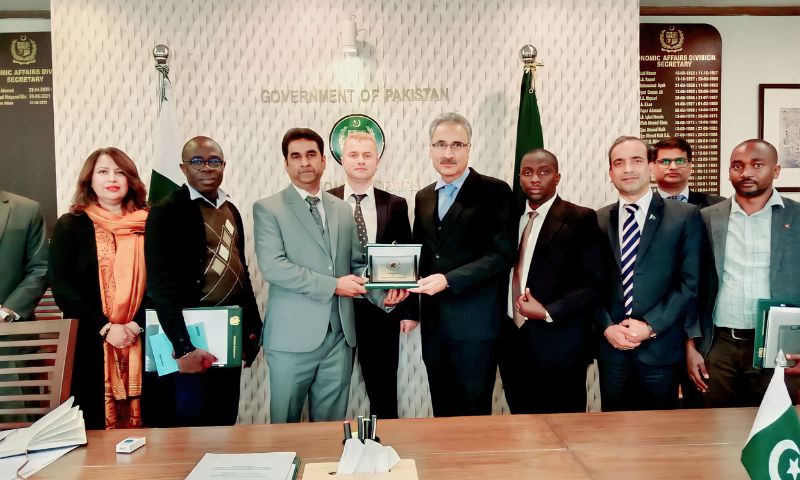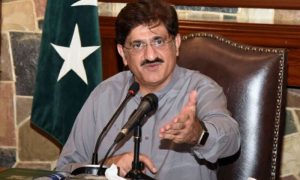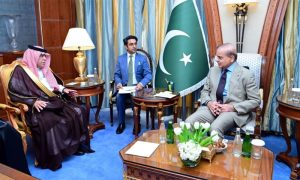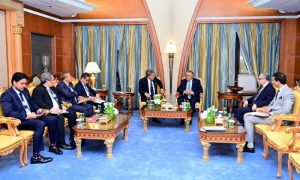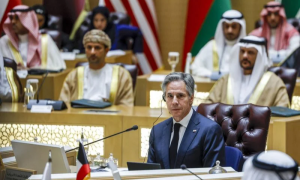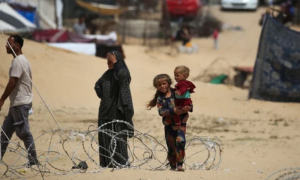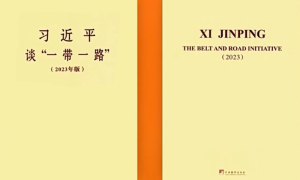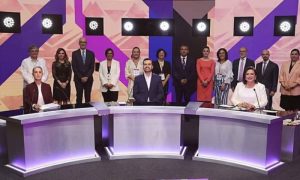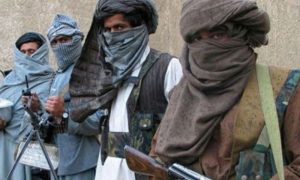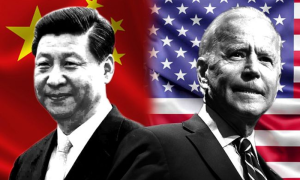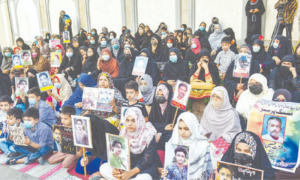ISLAMABAD: In a significant initiative promoting global collaboration and knowledge exchange, the Ministry of Economic Affairs in Islamabad hosted an international delegation participating in the 119th Advance Railway Course.
The program, conducted under the Pakistan Technical Assistance Programme (PTAP) administered by the Ministry, aimed to foster collaboration and address critical aspects of the ongoing railway training initiative.
Chaired by Dr. Kazim Niaz, Secretary of the Ministry of Economic Affairs, the meeting brought together senior officials from both the Ministry of Economic Affairs and Pakistan Railways, along with participants from Azerbaijan, Uganda, Ghana, Tanzania, and Sri Lanka.
Dr. Niaz extended a warm welcome to the international participants, expressing gratitude for their active engagement in the 119th Advance Railway Program. He highlighted the significance of PTAP as a manifestation of the Ministry’s unwavering commitment to enhancing technical expertise and fostering global collaboration. Established in 1976, PTAP has been a vehicle for providing technical assistance to friendly developing countries.
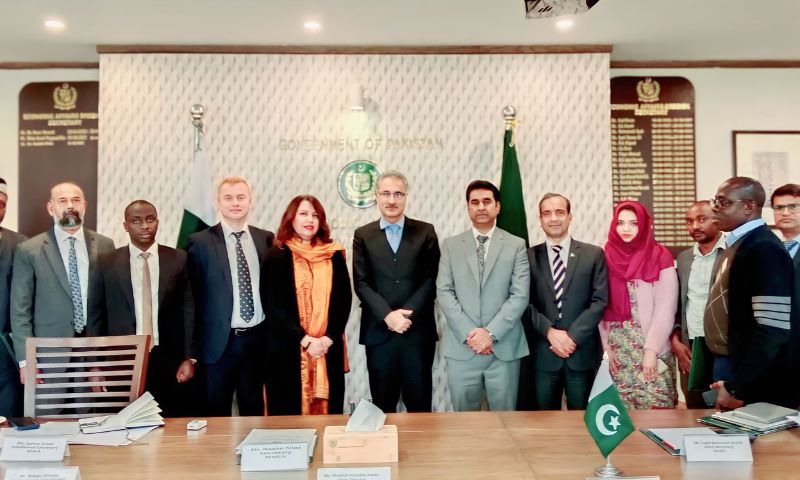
During the meeting, participants appreciated MoEA for sponsoring their training program under the PTAP Initiative, acknowledging Pakistan’s investment in their professional growth and fostering international collaboration. The delegation expressed overall satisfaction with the training program, anticipating substantial contributions to their professional development. Valuable suggestions, including the implementation of an analysis program to measure effectiveness, were shared, with a specific focus on enhancing lecture room experiences.
In response, Secretary Dr. Niaz proposed collaboration with partner training institutions like Pakistan Railways Academy to further enhance training modules. He emphasized the importance of meticulous course planning and balancing lecture room learning with field tours. Essential improvements identified included optimizing the program’s duration and proactively sharing brochures with participants before the training.









